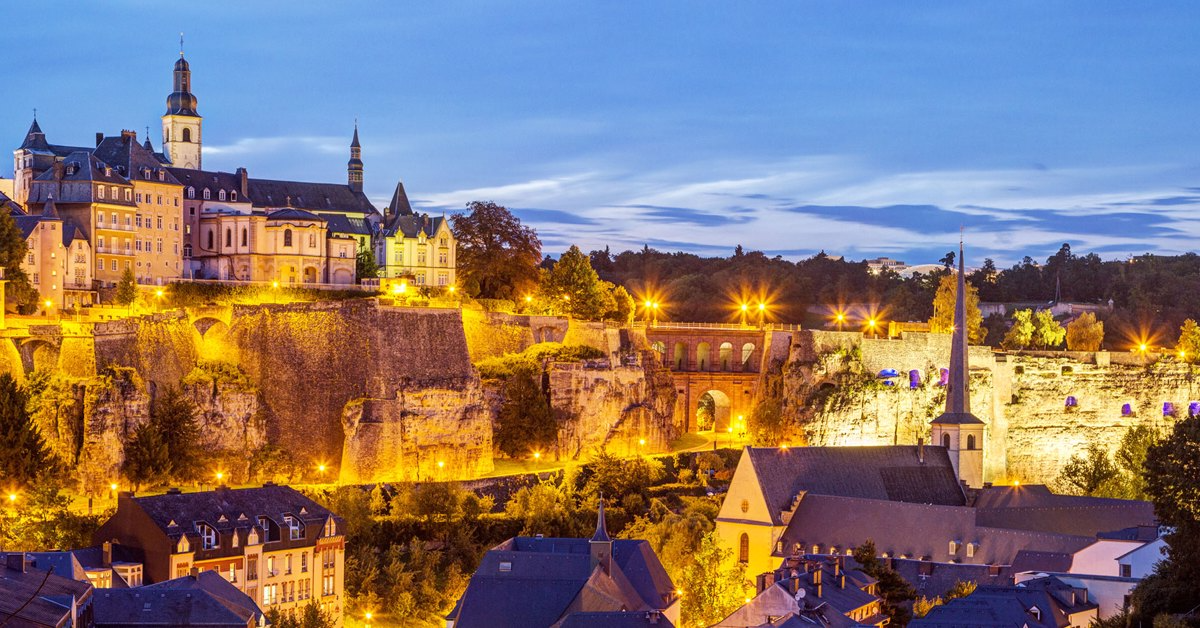
What is The Richest Country in The World
Introduction
Have you ever wondered which country boasts the most opulent lifestyle, the highest standard of living, and the most impressive economic might? The pursuit of wealth and prosperity is a universal human endeavor, and the question of which nation reigns supreme in this arena has long captivated the world's imagination. In this blog post, we embark on a fascinating journey to uncover the richest country in the world, exploring the factors that contribute to a nation's economic success and examining the unique characteristics of the current leader.
Understanding Wealth: More Than Just Money
When we talk about the "richest country," we're not just referring to the nation with the highest per capita income. While GDP per capita is a crucial metric, true wealth encompasses a broader spectrum of factors, including:
Economic Growth: A sustained increase in a nation's output of goods and services over time.
Human Development: Factors like education, healthcare, and life expectancy, which contribute to a high quality of life.
Social Progress: Measures like social inclusion, environmental sustainability, and personal safety.
Innovation and Technology: A nation's ability to develop and utilize cutting-edge technologies to drive economic growth.
Measuring Wealth: A Multifaceted Approach
Several indices and rankings attempt to capture the multifaceted nature of wealth. Some of the most prominent include:
International Monetary Fund (IMF) GDP per capita: This metric measures the total economic output of a country divided by its population.
World Bank's Human Development Index (HDI): This index considers factors like life expectancy, education, and income to assess a country's overall development.
Legatum Prosperity Index: This index ranks countries based on factors such as economic quality, social capital, governance, and personal freedom.
The Contenders: A Global Race for Prosperity
While many nations boast thriving economies, certain countries consistently rank high in various wealth indices. Some of the perennial contenders include:
United States: Known for its robust economy, innovation, and entrepreneurial spirit.
Switzerland: Renowned for its strong financial sector, high quality of life, and political stability.
Luxembourg: A small but incredibly wealthy nation with a highly developed financial sector.
Norway: A major oil and gas producer with a strong emphasis on social welfare and environmental sustainability.
Ireland: A rapidly growing economy driven by foreign investment and a highly educated workforce.
Factors Driving Economic Success
Several key factors contribute to a nation's economic success:
Strong Institutions: Effective governance, a stable legal system, and a well-functioning market economy are crucial for economic growth.
Human Capital: A highly educated and skilled workforce is essential for innovation and productivity.
Investment in Research and Development: Investing in research and development fosters innovation and drives technological advancements.
Openness to Trade: International trade allows countries to access new markets, expand their exports, and benefit from global competition.
Natural Resources: While not always a guarantee of wealth, abundant natural resources can provide a significant economic advantage.
The Current Leader: A Dynamic Landscape
The title of the "richest country" can fluctuate based on the specific metrics used and the ever-changing global economic landscape. However, based on a combination of factors such as GDP per capita, human development, and overall prosperity, Luxembourg currently holds the crown.
Luxembourg: This small European nation boasts a remarkably high GDP per capita, driven by its robust financial sector, which includes major international banks and investment funds. Luxembourg also prioritizes education and social welfare, resulting in a high quality of life for its citizens.
The Human Element: Beyond the Numbers
While economic indicators provide valuable insights, it's crucial to remember that true wealth extends beyond monetary measures. A truly prosperous nation prioritizes the well-being of its citizens, ensuring that economic growth translates into improved living standards for all. This includes:
Social Equity: Ensuring fair access to opportunities and resources for all citizens, regardless of their background.
Environmental Sustainability: Protecting the environment for future generations and promoting sustainable economic practices.
Cultural Vibrancy: Fostering a rich and diverse cultural landscape that enriches the lives of citizens.
Conclusion
The quest to determine the "richest country in the world" is a complex and multifaceted endeavor. While economic indicators like GDP per capita offer valuable insights, true wealth encompasses a broader spectrum of factors, including human development, social progress, and environmental sustainability.
Call to Action:
As we continue to navigate an increasingly interconnected world, understanding the factors that contribute to economic success and human prosperity is more crucial than ever. Explore the economic landscapes of different nations, learn about their unique challenges and opportunities, and engage in discussions about how to create a more equitable and sustainable future for all.
